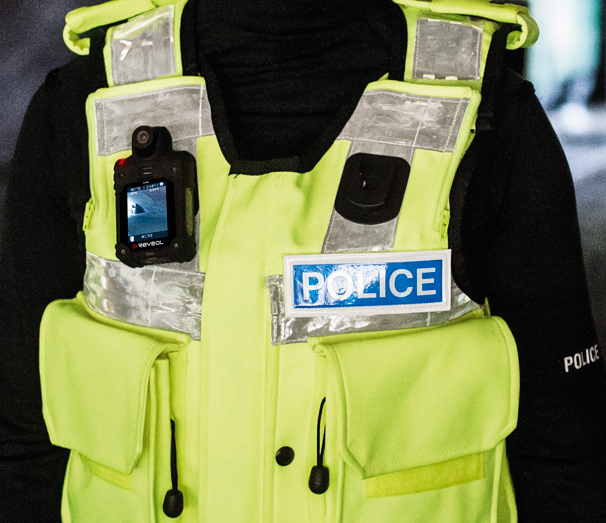Digital tools vital to address poor cyber response
Online crime reporting and digital evidence management tools need to be more widely adopted to help the police improve their poor performance in response to cyber-enabled retail crime.
Online crime reporting and digital evidence management tools need to be more widely adopted to help the police improve their poor performance in response to cyber-enabled retail crime.
The British Retail Consortiums latest annual retail crime survey shows cyber-enabled crime now accounts for 53 per cent of shop fraud and is an an urgent problem for retailers.
The adoption of online crime reporting tools, allowing the swift reporting of offences and online submission of digital evidence, could dramatically speed up the time it takes to process cases and increase the likelihood of guilty pleas, said Henry Rex, justice and emergency services programme manager at industry body techUK.
This would go some way to address the fact that 56 per cent of retailers surveyed believed police performance to be poor.
techUK says the value of customer data to criminals means businesses will need to invest in cyber security to keep themselves and their clients safe and there are digital tools that can be deployed to enhance the physical security of stores and staff too. For example, platforms that allow for the sharing of suspect images and data among retailers, or digital submission of CCTV footage to speed-up investigations and make sure that an effective justice system deters would-be criminals.
In our recent paper, Digital Policing: The Future of Modern Crime Prevention (see PP537), we highlighted digital technologies that can make policing more efficient and efficient for victims of crime, said Mr Rex.
Business, police forces and the technology industry must work together to ensure that all parties have the skills, tools and knowledge to prevent and detect crime.
techUKs report called for a national training scheme to give all officers a rudimentary understanding of digital intelligence and investigations and frontline officers to be equipped with digital toolkit, accessible via handheld devices, which would explain in an easily digestible format the various procedures for dealing with digital evidence.
Helen Dickinson OBE, chief executive of the British Retail Consortium said a significant aspect of the cyber security challenge for retailers was the attractiveness of customer data from the point of view of criminals, many of whom operate outside UK borders but can nevertheless gain relatively easy access to UK digital networks.
This rising tide should be stemmed through even stronger cooperation between industry, the Government, law enforcement and the private security industry, she said. There is work to do to further improve collaboration between the UK retail industry and its partners, and raise standards of security and policing of these threats across the country.






